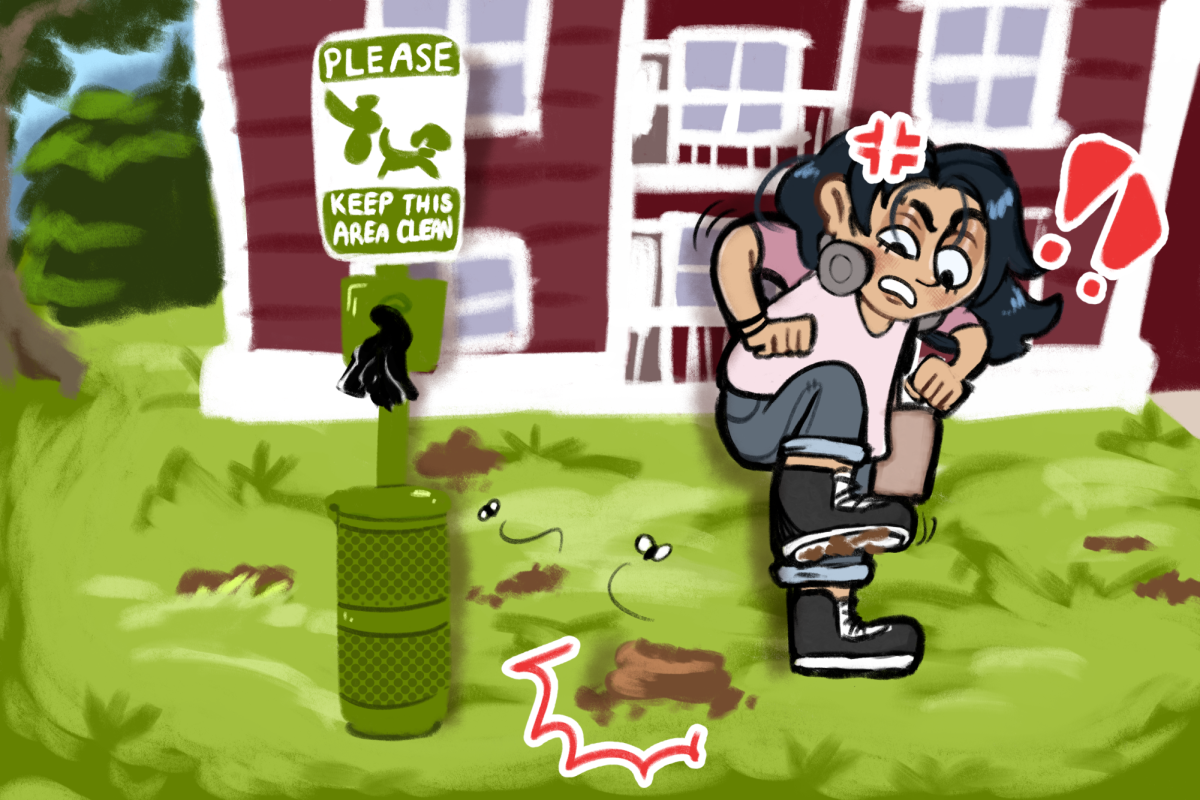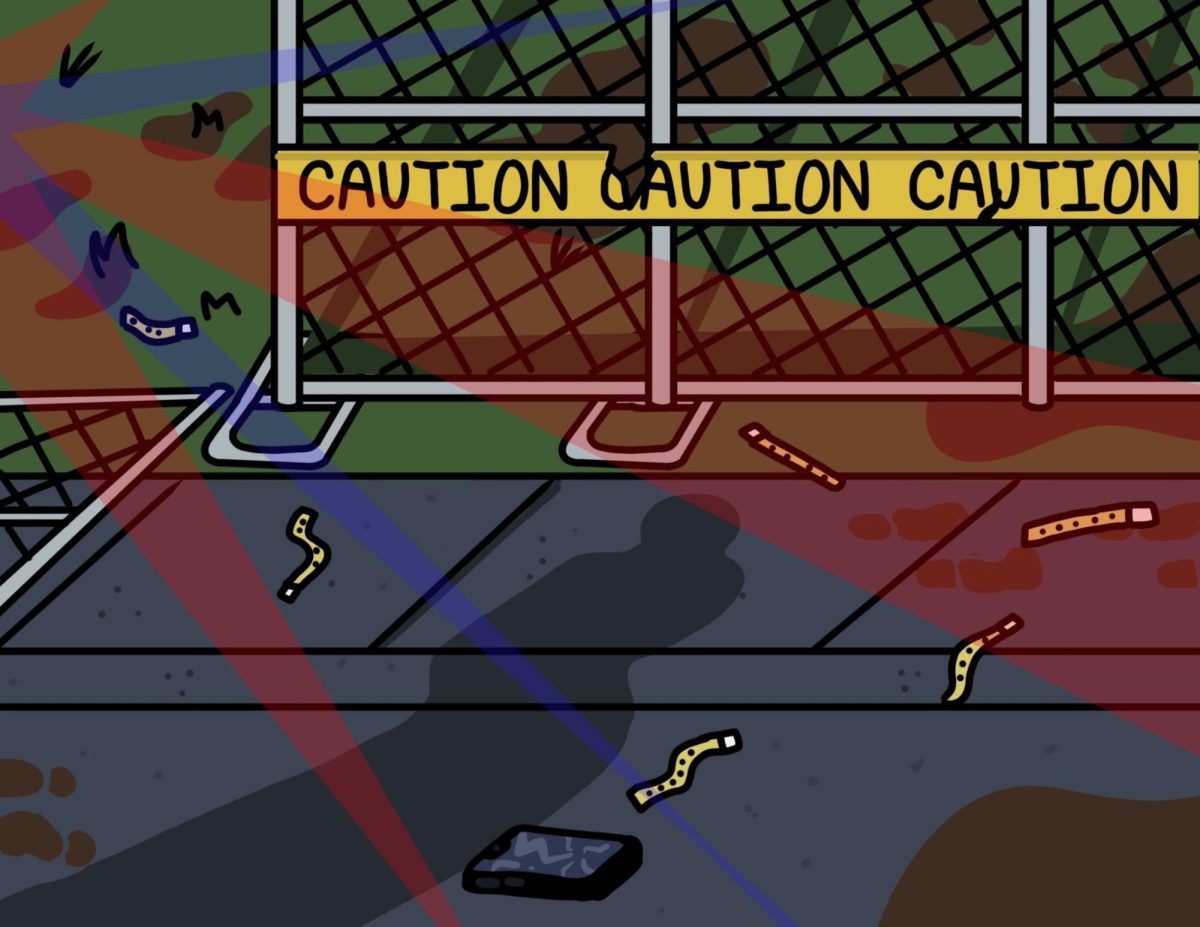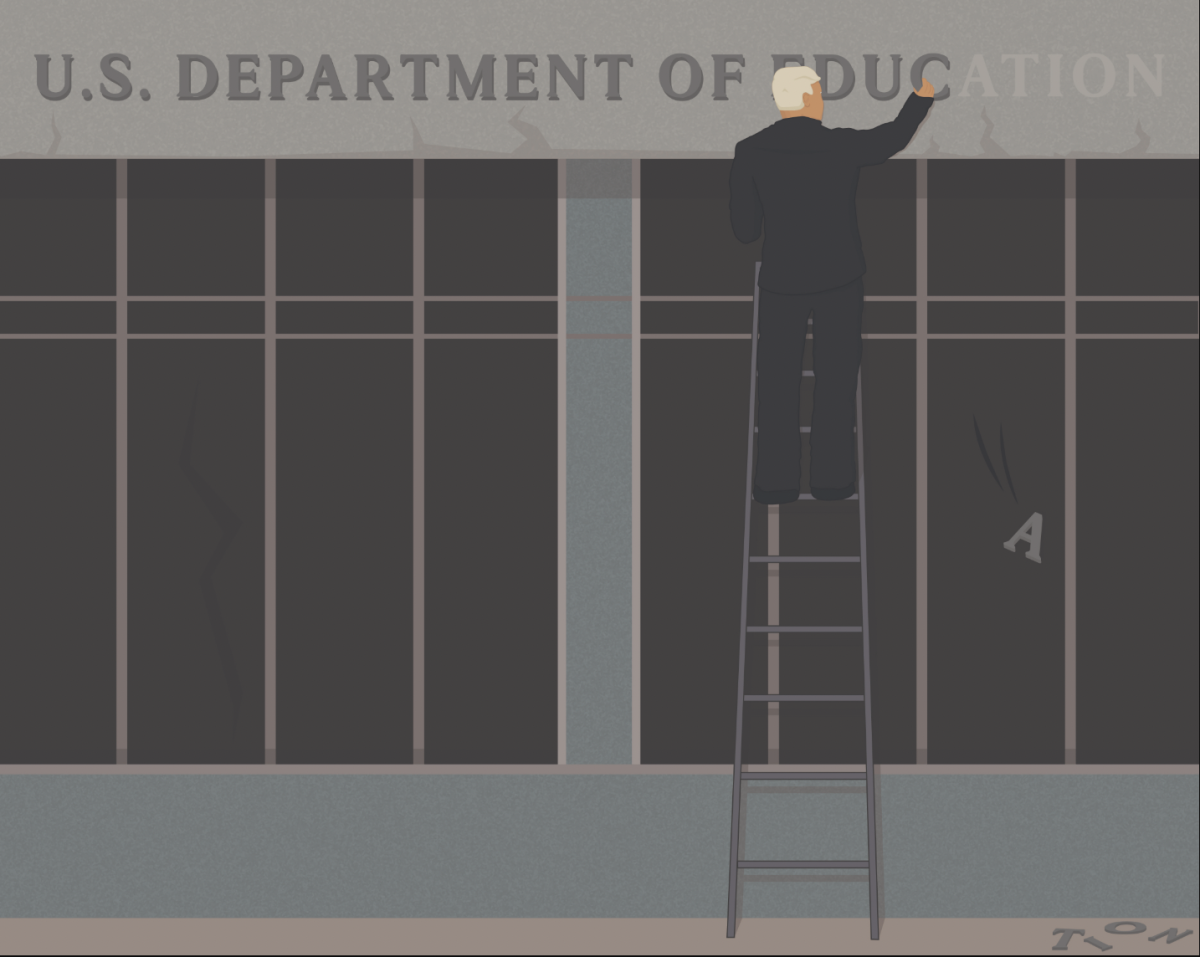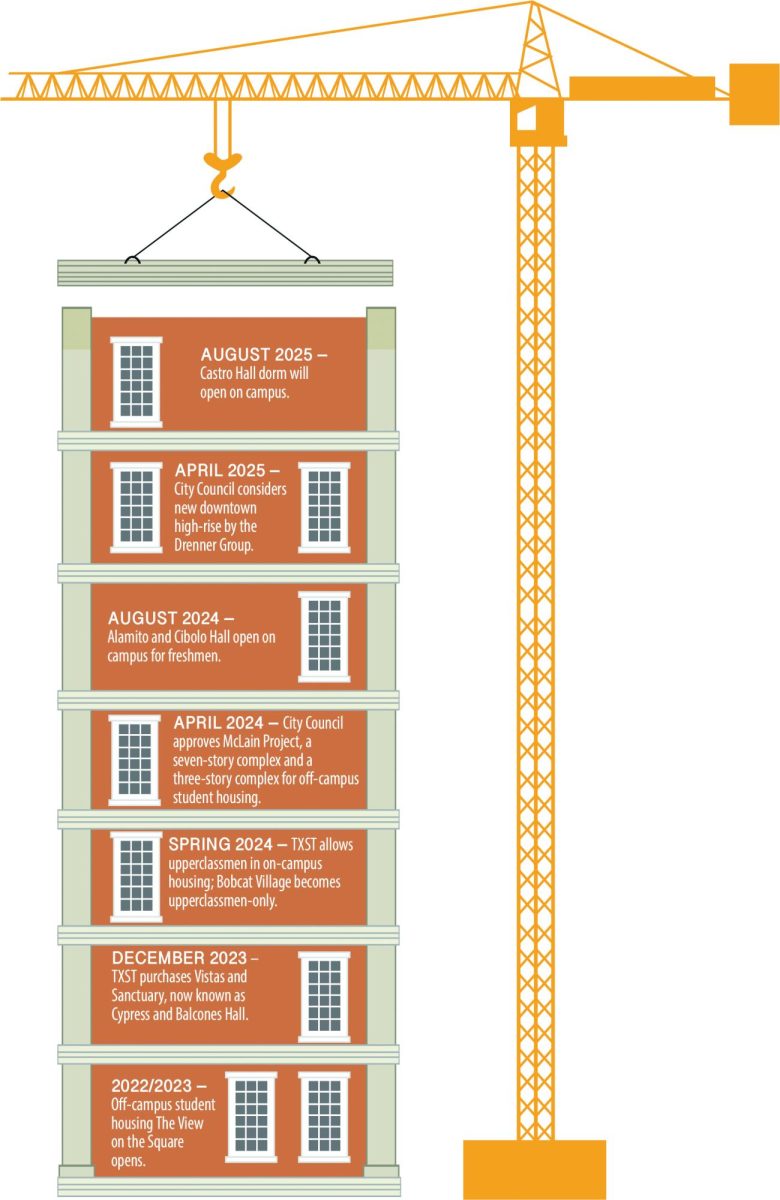The college dating scene is built on hookups. It’s fueled by dating apps and party culture, but while students swipe right, they need to prioritize their sexual health.
Hookup culture isn’t the issue; it’s the lack of conversation and awareness. Students shape campus culture, and it should include making sexual health a priority. STI testing and protection should be just as normal as any other aspect of modern dating.
STI rates are climbing, according to the CDC. In 2023, Texas reported 149,787 cases of chlamydia, 53,699 cases of gonorrhea and 4,561 cases of primary and secondary syphilis. Among college students nationwide, 25% are estimated to have an STI.
At Texas State, a public information request filed by The University Star revealed 16 positive HIV cases from Jan. 1, 2019, to Dec. 19, 2024.
Despite how easy it can be to find a weekend hookup, the awareness and importance of testing haven’t caught up. Studies show only 20.2% of U.S. college women and 7.7% of college men get tested for STIs annually, despite 17.9% engaging in casual sex. If sex is casual, then why not get tested?
The rise of dating apps like Tinder, Bumble and Hinge makes connecting with others effortless. A survey from the University of South Carolina found 66% of students use dating apps. The key now is making sure those connections are safe and responsible. STI testing and protection conversations should not be stigmatized or awkward—they should be as standard as any other part of self-care.
The Texas State Student Health Center offers testing and contraceptives, yet many students either don’t know about these resources or aren’t sure how to use them. Misinformation and stigma only make it harder for students to prioritize their health when, in reality, regular testing is a responsible choice for anyone who is sexually active.
Texas State should promote these services more through social media, campus flyers and peer education so students know where to go and are comfortable using them.
“Talking about STIs and testing doesn’t have to be uncomfortable,” Melanie Ramirez, a psychology freshman, said. “I always ask about getting tested before any hookup. It’s important to know you’re both on the same page and taking care of your body.”
Open, honest discussions help get rid of the taboo atmosphere surrounding discussions of safe sex practices and make everyone feel more confident in their choices. Getting tested isn’t about judgment—it’s about empowerment.
Promoting safe sex on campus can give students the knowledge and tools to make informed choices. STI testing is a responsible step in taking care of yourself and your partners. While some students may be deterred by cost or judgment, the health center offers free or low-cost testing services in a confidential, non-judgmental environment.
Students should push for more visibility and accessibility to testing resources, whether that means free testing pop-ups, better sex education or student-led initiatives promoting sexual health.
There’s no reason STI testing shouldn’t be a normal part of dating and self-care. Sex is normal. Hookups are normal. Prioritizing safe sex and regular STI testing should be normal, too.
-Aubrey Haynes is a social work freshman





















